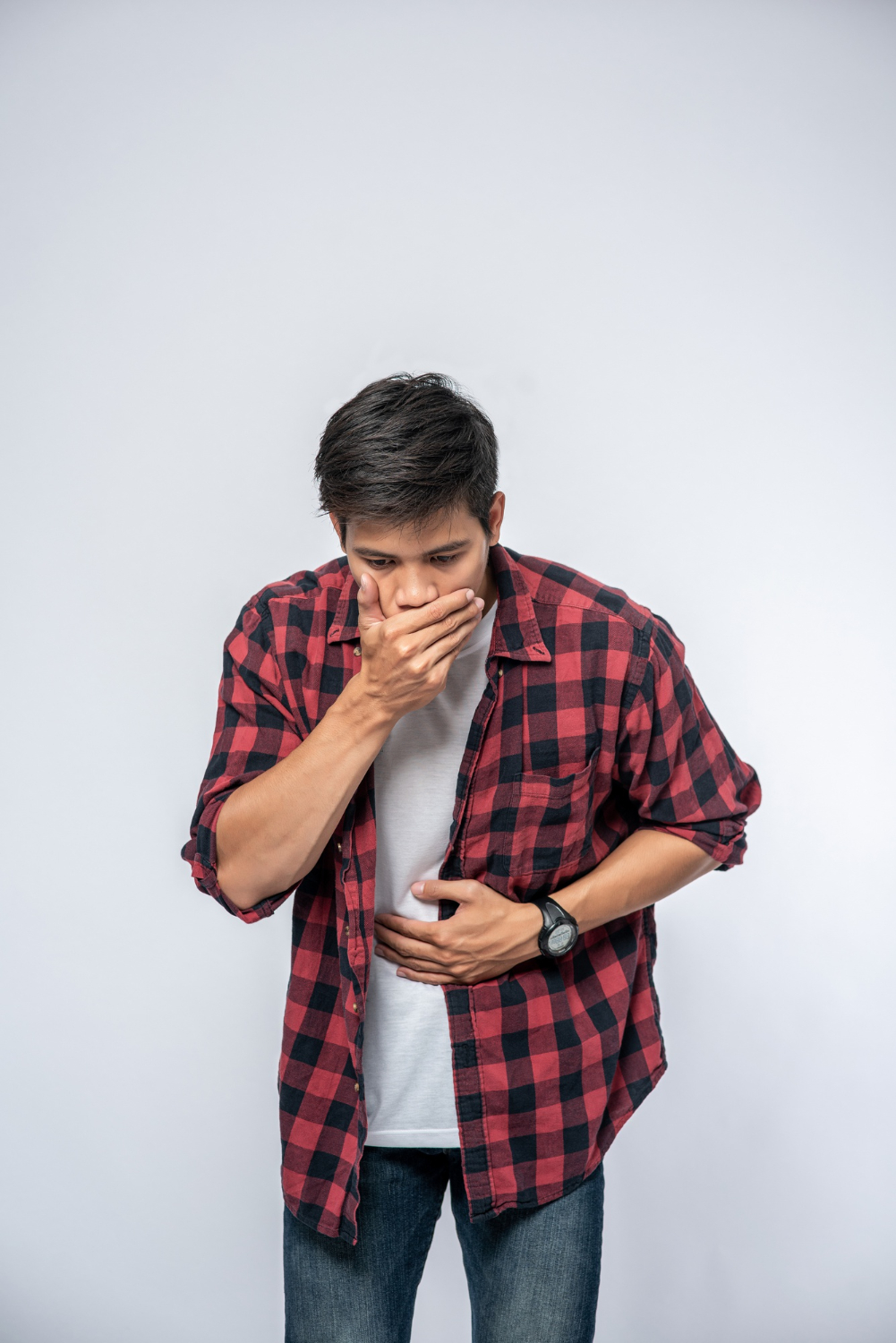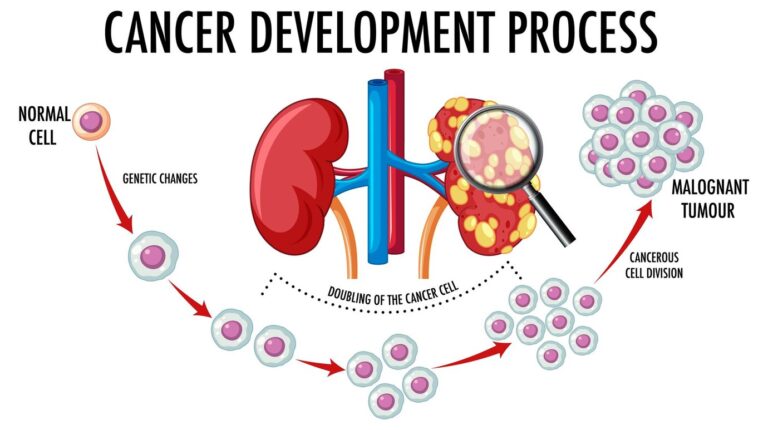Treating constipation and diarrhea involves different approaches based on their distinct causes and symptoms. Here are general guidelines for managing both conditions:
Treating Constipation:-
- Increase Fiber Intake:
- Eat more fruits, vegetables, whole grains, and legumes.
- Consider fiber supplements like psyllium husk, methylcellulose, or inulin.
- Stay Hydrated:
- Drink plenty of water throughout the day.
- Limit caffeine and alcohol, as they can dehydrate you.
- Exercise Regularly:
- Physical activity helps stimulate intestinal activity.
- Aim for at least 30 minutes of moderate exercise most days of the week.
- Establish a Routine:
- Try to go to the bathroom at the same time each day, preferably after meals.
- Use Over-the-Counter Laxatives Sparingly:
- Options include bulk-forming laxatives (e.g., Metamucil), stool softeners (e.g., docusate), and osmotic agents (e.g., polyethylene glycol).
- Avoid regular use without consulting a healthcare provider.
- Consider Probiotics:
- Probiotics may help balance the gut microbiota and improve bowel movements.
- Consult a Doctor:
- If constipation persists despite these measures, seek medical advice to rule out underlying conditions.
Treating Diarrhea:-
- Stay Hydrated:
- Drink plenty of fluids like water, clear broths, and oral rehydration solutions.
- Avoid caffeine and alcohol.
- Eat the Right Foods:
- Follow the BRAT diet (bananas, rice, applesauce, and toast) which is gentle on the stomach.
- Avoid fatty, greasy, or spicy foods, and dairy products if lactose intolerant.
- Consider Over-the-Counter Medications:
- Loperamide (Imodium) can help reduce diarrhea.
- Bismuth subsalicylate (Pepto-Bismol) can also be effective.
- Maintain Good Hygiene:
- Wash hands thoroughly to prevent the spread of infections that can cause diarrhea.
- Probiotics:
- Probiotics can help restore the balance of healthy bacteria in the gut.
- Avoid Certain Foods and Drinks:
- Steer clear of high-fiber foods, fatty foods, and artificial sweeteners.
- Avoid dairy if you suspect lactose intolerance.
- Consult a Doctor:
- Seek medical attention if diarrhea is severe, persistent, or accompanied by other symptoms like high fever, blood in stools, or severe dehydration.
When to Seek Medical Attention:-
For both constipation and diarrhea, it’s important to see a healthcare provider if:
- Symptoms persist for more than a few days.
- There is severe pain, blood in stools, or unexplained weight loss.
- Symptoms are accompanied by fever or vomiting.
- There are signs of dehydration (especially in the case of diarrhea).
Always consult a healthcare provider for personalized advice and treatment.




